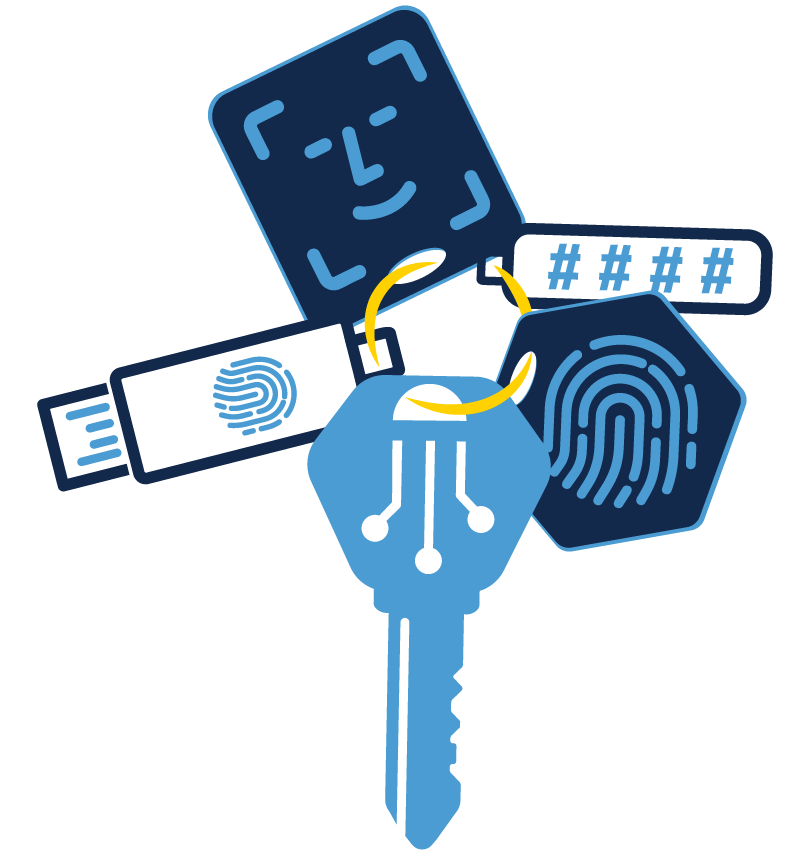Starting July 22, Adobe apps at UNC-Chapel Hill will require Duo 2-Step Verification at login. This requirement includes the standalone Adobe Acrobat Pro app, Adobe Creative Cloud apps and online services from Adobe.
Duo is a 2-Step Verification tool the University uses to protect important systems and data. After you log in with your Onyen and password, Duo asks you verify your identity with a second method like a push notification or a passcode.
The Adobe login experience will feel familiar and match many other services at UNC that require 2-Step Verification.

Currently, Adobe prompts you for your email address, then redirects you to UNC’s Single Sign-On. While Single Sign-On may not be a familiar name, you use it when you log into many campus systems, including ConnectCarolina, Canvas and Time Information Management (TIM).
Starting July 22, when you log into Adobe apps and services, Single Sign-On will ask for your Onyen and password, then will prompt you to verify your identity with Duo.
2-Step is easier than ever
At the University and beyond, 2-Step is becoming the new normal. Increasingly, online services require that extra layer of security to protect your accounts and data from unauthorized access.
Fortunately, securing your University accounts is getting easier, so you don’t have to choose between convenience and security.
For example, earlier this month, UNC reduced how often you need to verify your identity with 2-Step. With the “remember me” period extended from 12 hours to seven days, you’ll 2-Step less often. This “offsets” the impact of requiring 2-Step and is a “net gain” for security at UNC.
Another way to make protecting your University account easier is to enroll your devices with Carolina Key. Carolina Key is a highly secure passkey that replaces both your password and Duo with device-based authentication like biometrics or a PIN.
So, when you sign into UNC services like Adobe, instead of typing your password and then approving a Duo push or waiting for a text message — you could just scan your fingerprint.
In practical terms, that means fewer clicks, less typing, faster logins and yes — more security.

Adobe at UNC powers both creativity and business
Depending on your role at the University, you may have a different view of Adobe tools. For some, Adobe is a creativity powerhouse, and for others, it’s a part of doing business. At UNC, it’s both.
For students, Adobe Creative Cloud enables both work and play, from using Premiere Pro in a journalism class to leveraging Audition to create a philosophy podcast.
And Adobe also powers University business processes and essential work. Tools like Acrobat Pro tools help staff create and manage digital documents, forms and signatures. Adobe also enables staff to collaborate and communicate effectively with colleagues, students and external partners.
Students and instructional staff have free access to Adobe Creative Cloud and non-instructional staff pay a greatly reduced rate. Learn more at Adobe at UNC.
